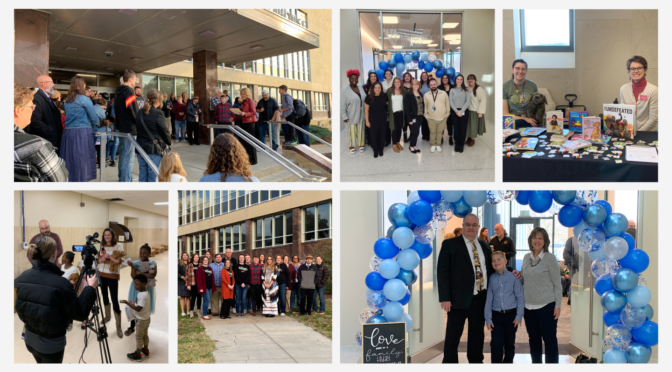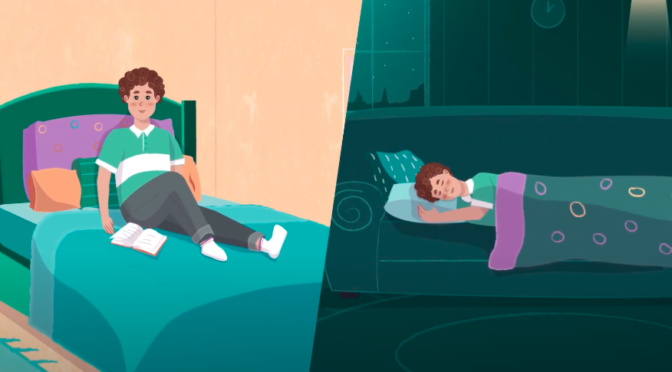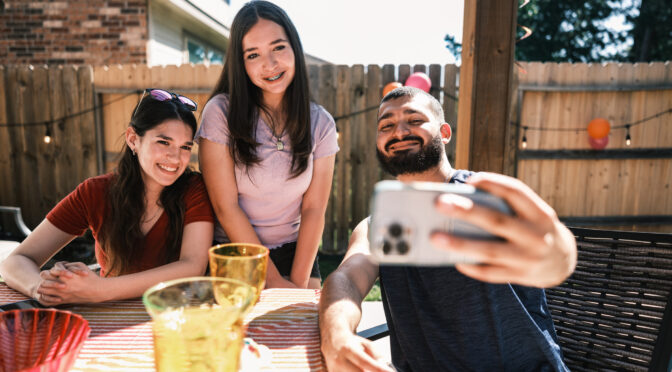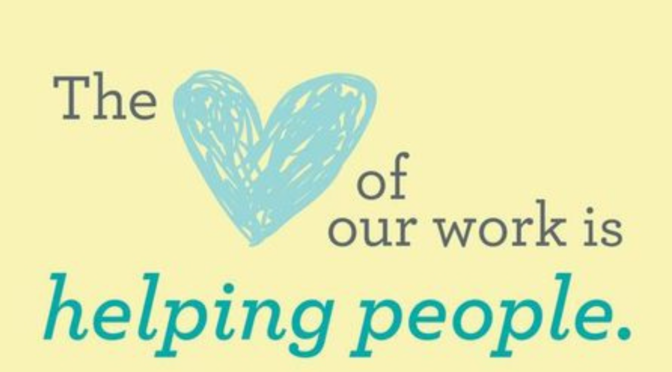KVC Kansas Celebrates National Adoption Day 2024 with 24 Children’s Adoptions

On National Adoption Day 2024, KVC Kansas helped 24 youth find forever families, celebrating the joy of adoption and lasting connections for children and teens in foster care. Throughout National Adoption Month, KVC Kansas has celebrated 31 children’s adoptions.








